Trade Boxes (cont...)
David T
With reference to your post # 90 above, the 50 100 number was also used twice, once for the 43b R.A.C. motorcycle patrol and once for the set of racing numbers transfers.
50 094 - 6676 Tyres 11/16" and 40e Standard Vanguard
50 098 - 40 d Austin Devon and 42 a Police hut
50 099 - 42 b Police motorcycle patrol and 10 253 tyres 13/16"
Two items had two 50 xxx numbers :
1 - Station staff 50 168 and 50 250
2 - Farm yard animals 50 169 and 50 251
I hope that this answers your question.
Kind regards.
Jacques
Had not noticed the duplication in this case, other duplication was aware of, do you think this is a timing thing, it seems not on the face of it.
Will consult the 50 xx list on this site.
Also wondered if these trade boxes had been recorded.
David
The list of trade boxes, how do we update that information?
I can see the duplicated numbers you refer and just wonder why.
Am really looking forward to seeing some of you guys at the fairs in the hopefuly near future.
David
A-ha, new numbers and I am the compiler of the pdf list. Thanks, David, I'll look at getting it updated soon. Code number discoveries are rarer now and I can only remember last year uncovered one - 25h Fire Engine A2107
The 25h was a number missing as I have the privilage of having a full box, albeit filled it myself. Have in excess of 300 post war trade boxes and 60-70 prewar trade boxes and continuing to increase I hope.
Also managed to speak to David Cooke on the telephone who has asked me to send him by post my list of haves and havenots, so will be sending him that list soon.
He has many more than I but like me many duplicates and does the same by filling them with the different colours that turn up.
Have found that the Ramseys list now requires up dating as there are many I have that are not listed.
Also, have wondered why "Type 1" is the only category for the prewar trade boxes when I think there should be at least five.
Yellow coloured with printed upper surface of lid
Yellow coloured but with plain upper surface of lid
Salmon coloured
Beige or cream coloured
Blue coloured
Also have noticed that some models, like the covered wagon has boxes that have models stored vertically and on there side as well as the colour diferences.
Have purchased but awaiting arrival is a trade box of 12d Telegraph Messenger's but on the picture it did not show any 50000, s number reference, will updated when received.
Do you think that is likely that there is a Trade box for each of the figures which would perhaps surgest that the intervining numbers represent the elusive boxes.
Bought some back numbers of the Journal via eBay and noticed David Cooks advert in the wanted section appealing for trade boxes, so might continue with his challenge and request via adverts.
David
David
My current assumption about pre war trade box versions is that Type 1 was just the same as the contemporary yellow Hornby Series trade boxes and the A in the A**** numbers indicates Accessory (trackside) for Hornby railways. The first iterations of the type 1 boxes even say Hornby Series rather than Dinky Toys on the checker top and will have Modelled Miniatures rather than Dinky Toys on the box ends. The design did not remain consistent for long - the univers and gill fonts supplemented with different futura style faces.
Significantly In 1935 the boxes were simplified with only one side printed and the colour was now orange. I'd call this Type 2 and within that scope there were variations - probably the address line was soon added on the long sides. I think the first boxes used varying qualities of paper batches too - any beige, white or pink boxes likely just being faded yellows and oranges.
In 1938, aeroplanes started to ship in blue boxes with print and date codes on one of the long sides under the address. The vehicle trade boxes became shoebox style with a lid shorter than the depth of the base. Again, they have date codes on one side. Together I'd call the blue and shoes Type 3 which lasted up until late 1939.
The last prewar trade styles are much like the post war brown boxes with one small printed label on one end. Type 4 have A**** codes which were dropped when production resumed.
Stacking in boxes took whatever approach the box makers seemed to feel best at the time. Note how early 29c boxes lay the buses on their sides where the late ones are stood upright. Or how aeroplanes were first shipped strung into nice echelon formations in cloudy sky blue boxes, rather then shoved sideways into brown shame holes as they later were. I suppose some of these considerations were about using the boxes as a point of sale display - where opinions changed over time.
Some of the boxes (like for figures) were very small and although people generally kept most nice boxes as general containers, maybe the very small examples really didn't offer much recycling potential and were discarded. So while every figure had its own trade box back in the day, maybe none survive for some of them. The gaps in the trade box number sequences are certainly suggestive. We know that Meccano regularly offered set prices and single piece prices. The set would typically be the first number in a consecutive series. As an example, we knew the code for 47 road signs was A2073 and there was an gap of unknowns following. Later 47q No Entry Sign was discovered and this number was exactly what we predicted it must be. Then 47g was found and again with the predicted code. Leaning on this evidence, I fill in the missing sequence. This is not guaranteed evidence for all missing number unfortunately. The previous 47 set (robot signals) was A2059. It was then discovered that boxes with distinct directions had codes A2059A (four way) and A2059B (3 way robot)
Telegraph messenger should be 50175
The Telegraph Messanger has arrived and it is as you have pictured above.
Thank you for your detailed description of the trade boxes, have a few Modelled Miniatures boxes, 22 & 24 sets. My 22 is full and in excellant condition but my 24 is not complete yet.
Your comment about the Beige and what I have called salmon coloured has consistantcy accross each of my examples and would have thought fading would be an inconsistant reaction. Interesting though, the more examples found the the more accurate our assuptions could be. After all this "Covid" look forward to bringing together many examples of the trade boxes to understand better.
The 29c Trade box as you say has the horizontal and vertical versions, but there are two sizes of the vertical, have multiple examples of all three types. Think the two verticals have a side by side storage ie accross the box and the other is the models parallel with the long side traditionally divided.
There are one or two other boxes of slightly differant sizes, side packed or wheel down packed.
Haven't seen any prewar boxes just plain brown card, all the examples I have don a post war label, will have to look out for those.
It goes without saying that, of course, I could be wrong. :) But I'd maintain that colour fading would explain much of the paper variations we see. Fading can occur by evaporation and with humidity as well as by UV bleaching.
To define the salmon colour boxes, I'd say this Racing car trade would pass as salmon ... on the lid the colour intensity has fallen so steeply that it doesn't resemble at all the vestigial colour tone surviving in parts of the base. Then comparing to another example that has somehow endured in some sheltered situation ... clearly a sibling and clearly quite orange all over.
Prewar 29c brown box image for example ref
Yes, that is what I have called the salmon colour, I have one similar to your colour suggesting, in fact I think it is my box you have pictured, and is as it was produced. I also have two yellow boxes for the racing car but they have printing on the flat upper side, so I do not consider fading to explain the difference.
Also your 29c trade box, to me is the post war label and therefore a late 1945 or a 1946 example. Your model looks prewar so if the model and box are not a mariage, then your model may well be prewar issued post war but think not.
All prewar labels, which also applies to the Hornby Dublo, the Hornby 'O' Gauge and extremley likely Dinky too have the border lines around label hatched like the picture above 'A1002, and yours being solid informs me that it is early post war. If this was mine I would be filling it with type 1 buses, noticeable with the 'V' on the radiator.
David
David
It would be interesting to see your colour variations and try to find siblings for comparison. Meanwhile my single label prewar example is not the best - the code number has been eroded off the bottom of it. But I'll try to find some other images of conspicuously prewar models with this type of box...
These boxes are impressive not seen boxes of this type of prewar before, they clearly show the A.... number. Are you still buying and do you have duplicates you would perhaps consider parting with?
In anticipation David
It seems that the pre-war type 4 did not endure for long and any examples must be especially scarce. Perhaps most of the stock was also being exported as much as possible. Here's a picture of 37b. Unfortunately I don't have any of this sort myself and I don't even know who owns the ones I've shown - I just saved these images over the years as references. The best I can manage are repros of 22g, which I built a few years ago and of which I have one left.
Have taken some photographs of my collection of Trade boxes to illustrate the different colours & textures. These yellow trade boxes all have writing on the upper surface of the lid with the content printed on the lid side end. There is no indication of date but think these were the first trade boxes to be used.
David
Following type 1 are the type 2 , these are beige in colour and think they follow the type 1'', but may well be at the same time as type 3 Salmon coloured.
These are the examples that I have
Type 4 prewar trade boxes are also yellow but without any printing on the upper surface of the lid. Most but not all have the date code on the side, all 38,39 or 40. They all have the distiguishing perferated line on the box lid, surrounding the description of content at each end and company name on the long sides of the lid.
Type 5 - Aircraft issued in blue trade boxes in usually six, but most of the larger aircraft sold in individual blue boxes. The blue colour, mainly used for the aircraft, military, AA, RAC, Police, and Postal service gift sets. They are high effected by light and therefore many are found heavily faded.
Type 6 - Again not really trade boxes but gift sets found in green, Accessary Figures, series 33 gift set.
David photos will follow to big.
OUAHHHHHH never seen such a collection of tradeboxes.
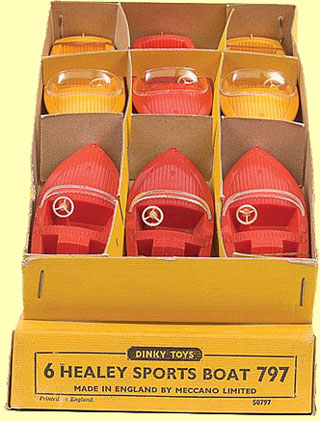
Recently I found a type. of box that I did not know.
This is probably the only box of this type and the last one to have been made. Note that the reference 50 797 is not printed as usual above the DINKY TOYS cartouche but at the bottom right of the lid's end.
Have looked at my 797, have two and both are exactly as yours.
Still alot to collect 60-70% are full, so many models to find. The plastic boxes you can see are the models that need the appropiatte box.
Just received another 4 trade boxes in the post, which I think has just taken me over the 400, 100 prewar & 300 post war
That is a really superb trade box collection, David. Congratulations with the result of what must have been a long, painstaking and critical process of searching, tracing, collecting etc.!
I do not collect trade boxes, just the odd one that comes along if it's nice and inexpensive.
For the record I post some pictures below. One of H.M.S. Nelson, because ships have my special attention.
The ones below that one are snapshots that I took 16 years ago from a UK collection. I guess they are not as bright as yours, but it may be an interesting documention, a check for trade box collectors. This collector also introduced (cardboard) spare boxes for models that are waiting for an authentic trade box to be found. Kind regards, Jan
Two fabulous collections.
How can one collect tradeboxes ? these two guys buy all of them.
Fantastic, can see many trade boxes that I am looking for, pleasing to know examples are still out there of the ones I am missing.
My ambition/intention is to try and accumulate an example of each type for each model. This forum taught me to look at the sales of Vectis, which I have done, to establish a comprehensive list of the trade boxes to collect. Ramseys is good but not complete.
One section of the trade boxes as yet do not have an example of is the military post war trade boxes, hopfully they will turn up.
Am curious and eager to meet or chat with fellow trade box collectors for the benefit of both and all, please contact me if you have a mutual interest.
David
One of my secrets is that I am not so fussy about the condition of the trade box, there are many that I have repaired and cleaned. Unfortunatly not many have the original models in, some do and those sometimes have all the original inserts as well as the dividers.
I say unfortunatley, but I do enjoy filling in the boxes, which also gives me the opportunity to learn about the variations of a model.
The articles in the ' journal', which I know some of you are the authors of many of those articles, are becoming my check lists. My thanks and appreciation goes to you, look forward to meeting you some day.
David
I wonder if some one can help me with a simple question, have explained how I enjoy bringing the life back into some of the boxes but cannot find a stapler that staples vertically. How is that acheived?
David
David
I looked for such a stapler but could not find one. The machine used for Meccano's tradeboxes must have been a heavy industrial machine making it's staples from a real of steel wire as a side feeder can not be used. The price for such a stapler would be way out of what you want to pay for it.
There are guys making repro or fake tradeboxes. How do they do the stapling ? Do they simply glue their boxes ?
I'll see if I can make a fake staple making video tonight. Using only tools probably everyone has lying around - a bit of wood, a hammer, pair of pliers and (optionally) some bits of meccano. For staples, I use 23/20 - my brand is 5staroffice. Jacques is very likely correct that a box stitcher would have been used on the original trades.
The methode I have adopted thus far is to remove staples from old similar distressed boxes but would like to get my hands on the appropiate stapler.
David
Trade box fake staples - how to make and install them.
An original Dinky trade box staple (1) is about 14mm on the crown. Now I could not find any manufactured to size staples but I can buy 20/23 large staples (2) in boxes of 1000 from most stationers, split them apart and scrape off any glue. They are, of course, not rusty staples but a few days exposure on a tissue soaked in salty water soon acquired the required appearance. Then I cut the staples mid-crown (3) with the pliers - just judging by eye. Now it just happens that a Meccano channel bearing is just the right width (4).. but you could make a wad of glued card as your measuring guide. Gripping the leg of the staple with the plier jaws (5), I bend 90 degrees and now I have a new staple with a 14mm crown (6).
I locate and tap in my new rusty staples through the first layer of card flap (7). This bit of wood is a good size - about 12" x 24" - which I can straddle across my lap to get on top of the work. Tucking the lower flap and squaring up the corner with the edge of the board, I tap the staples through (8).
Working the staples all the way through now, their legs are open and somewhat crooked (9) but I can generally fold them down with a strip of meccano - or a butterknife or whatever else you have to hand (10). They will not fold exactly flat (11) so they will need a squeeze from the pliers (12) to close them completely. Of course the pliers will not reach to crimp a deeply set staple but I use the hammer as a last and tap the staple with the nose of the pliers to close them up (13). And there we have the finised effect (14).
Thats really good will try that.
I use old dentists tools to repair and reshape the boxes, as well as a little modeling glue and sometimes a travel steam iron. The effect is usually acceptable, 'you can never make a silk purse out of a pigs ears' is the old saying, but a silk purse was not the intention just wanted to place my models into something original. The tool I have also got is an old wooden wheeled decorators jointing roller, really useful, oh and many clamps and weights. Its the roller I use to flaten the staples.
Thank you for the contribution.
David.
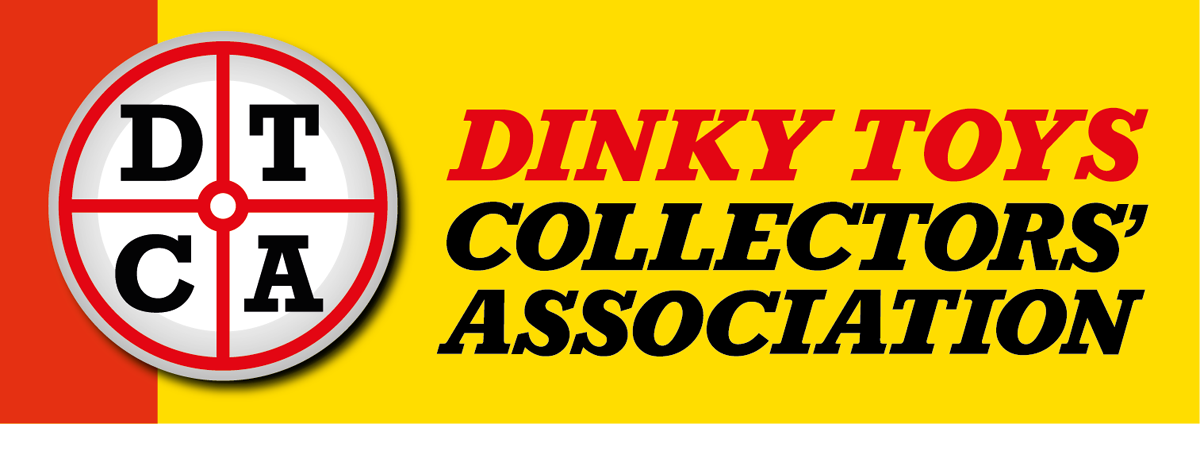

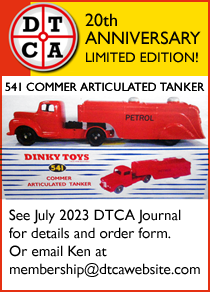
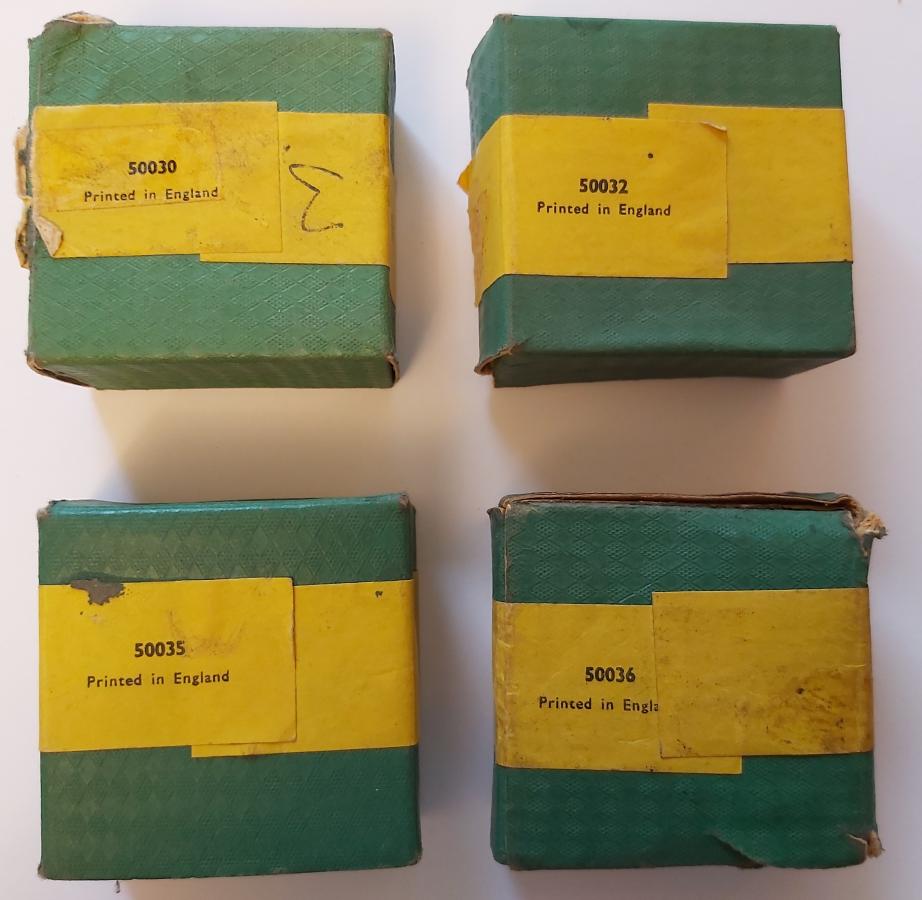
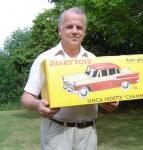
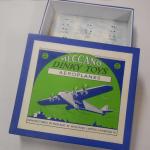
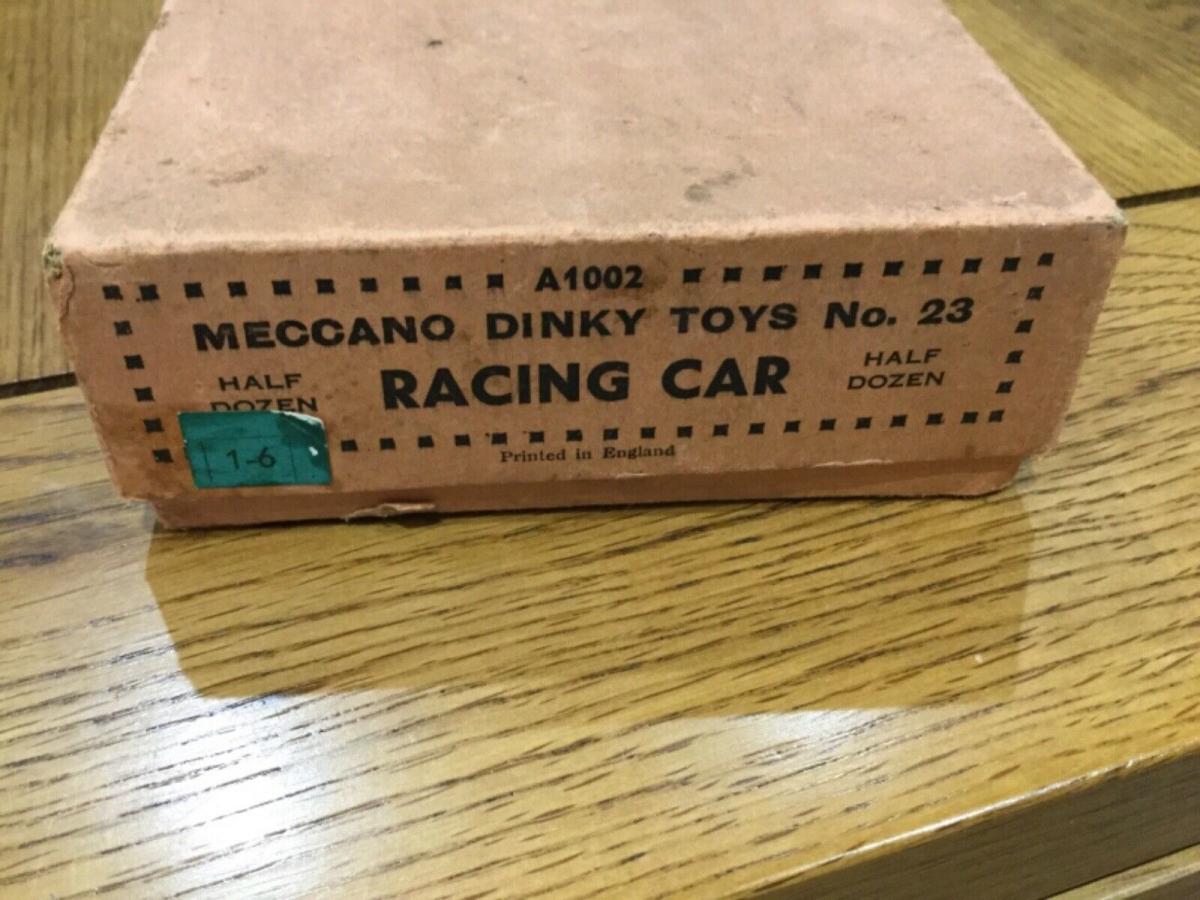
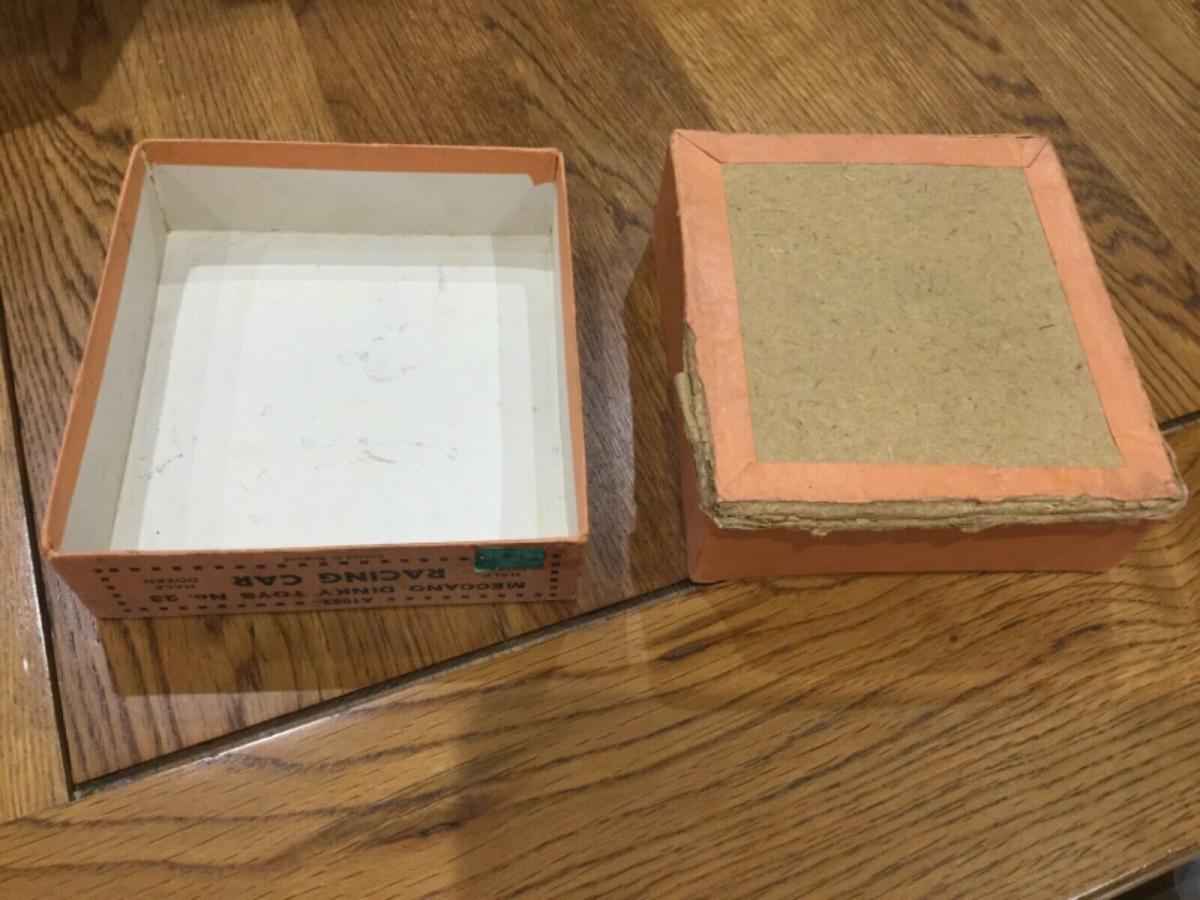
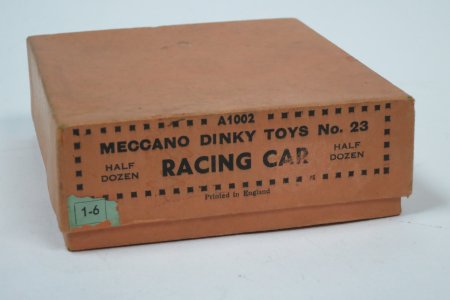
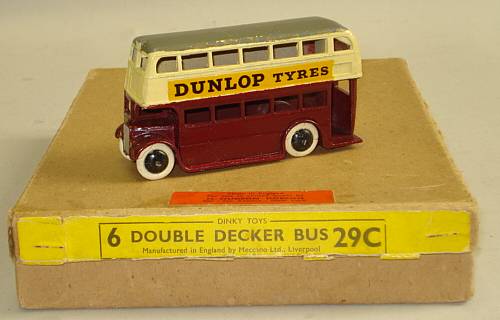
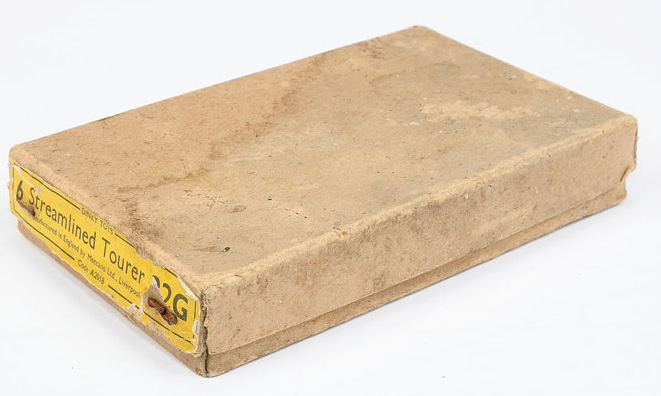
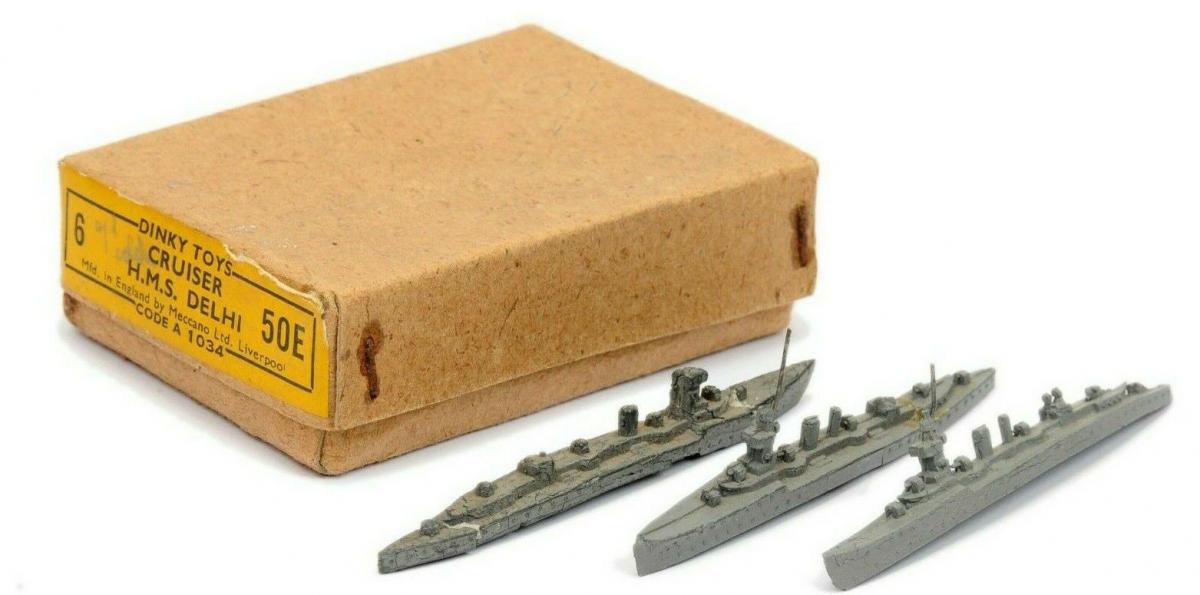


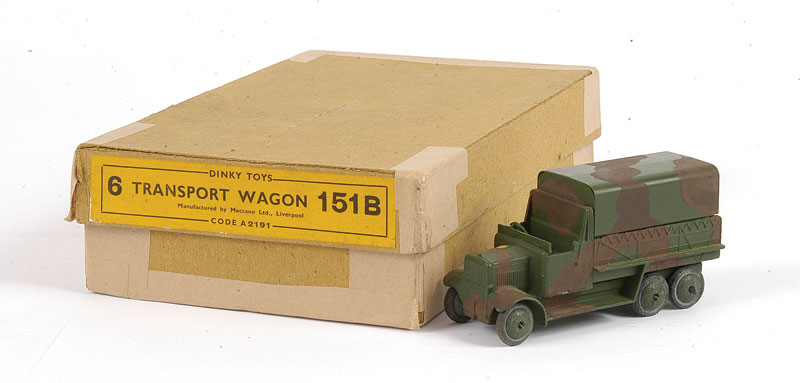



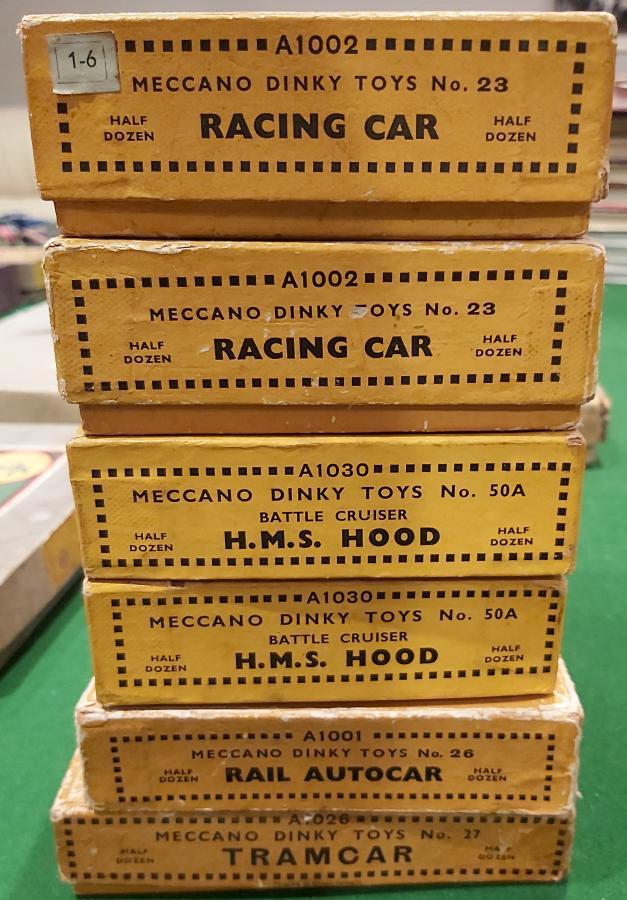
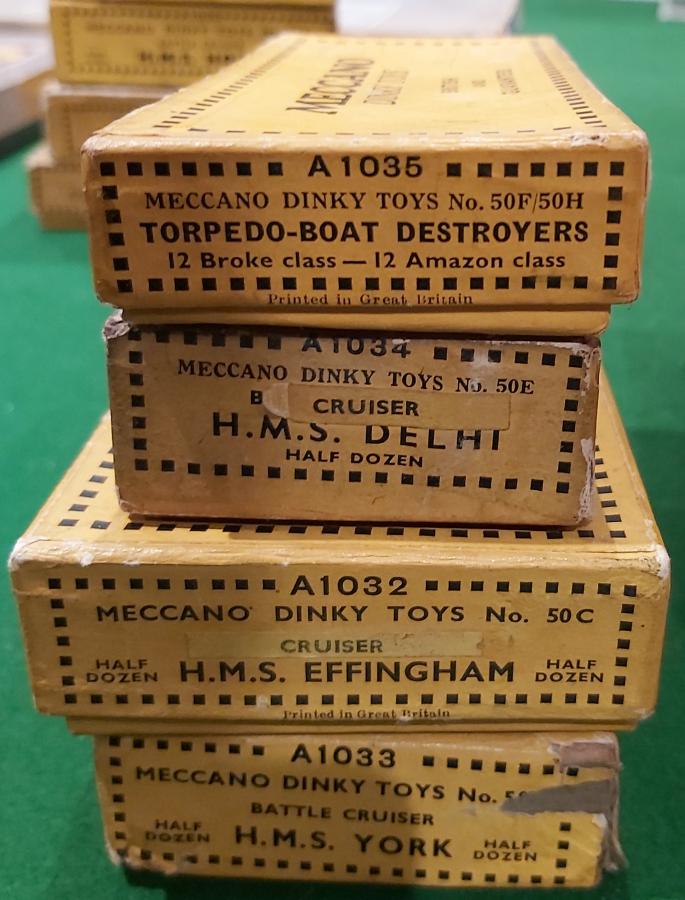
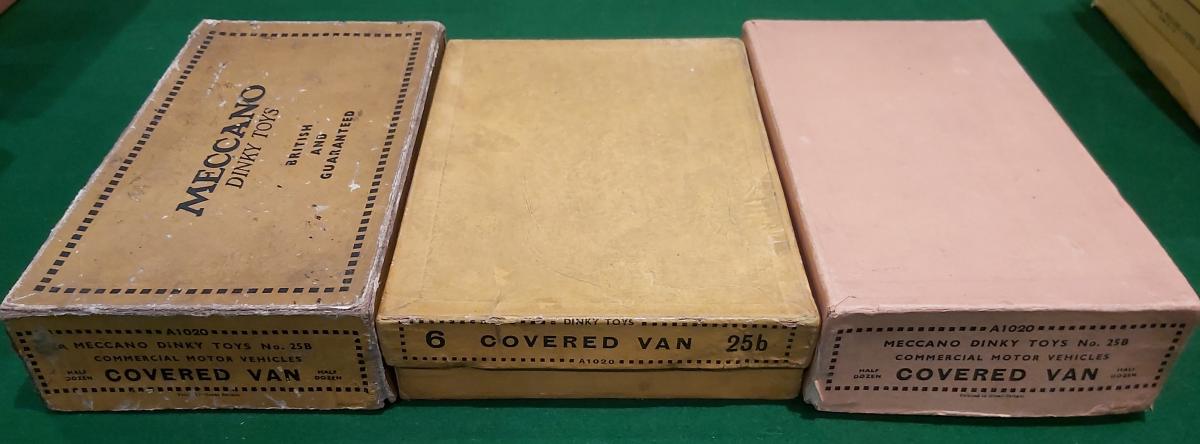
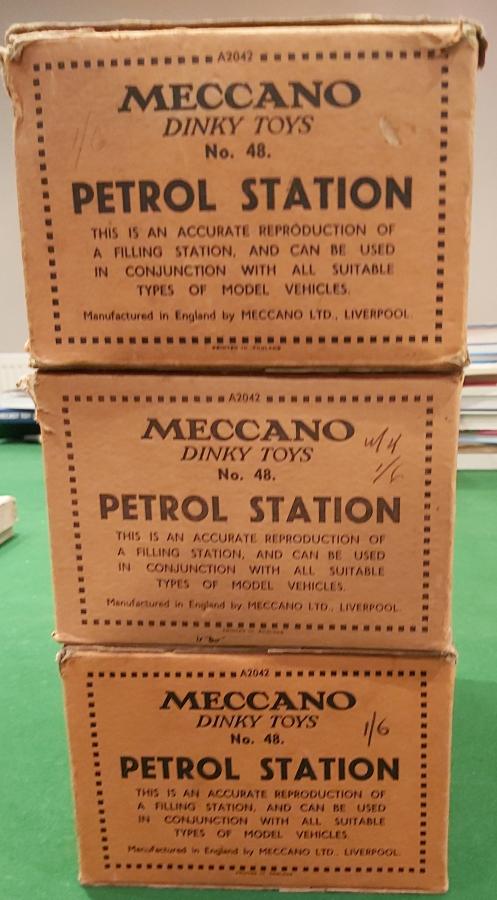
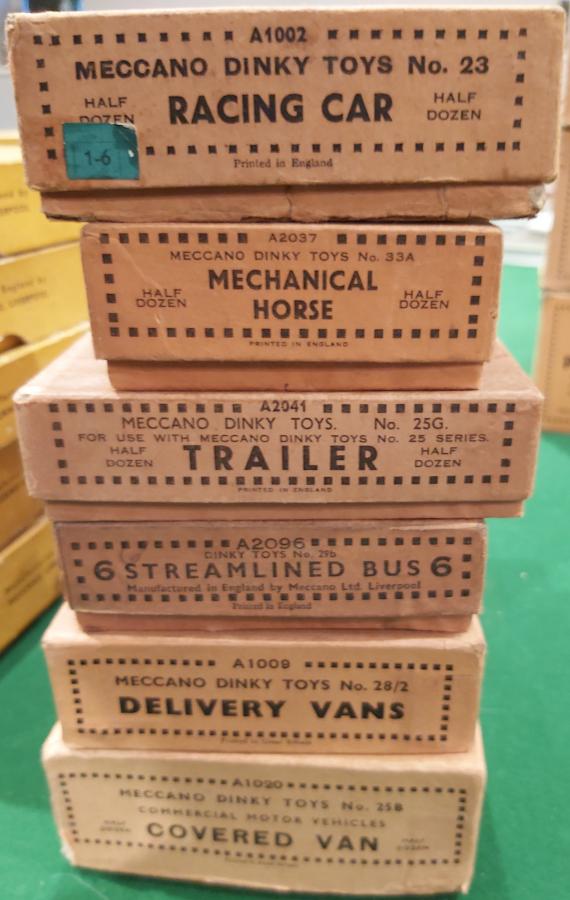
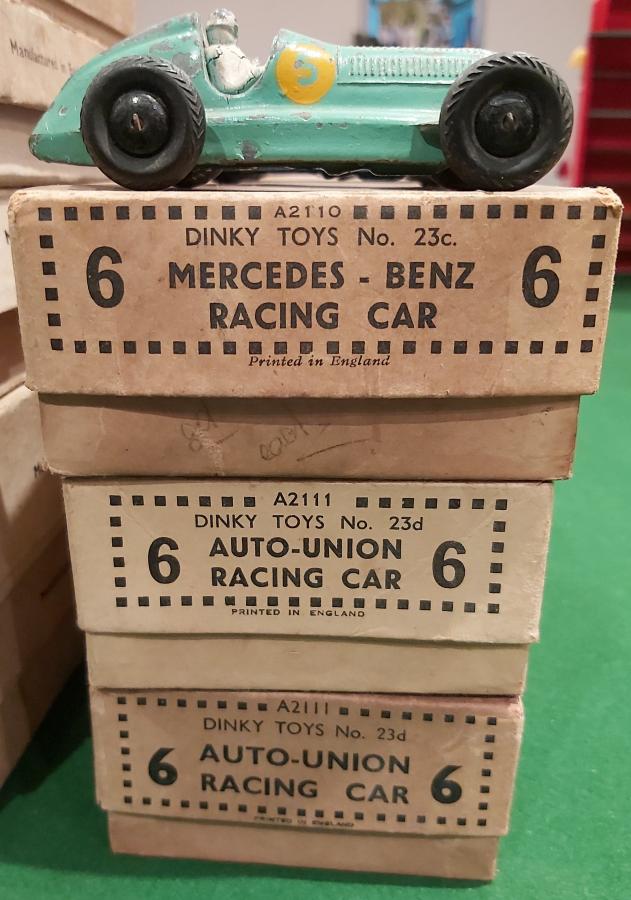
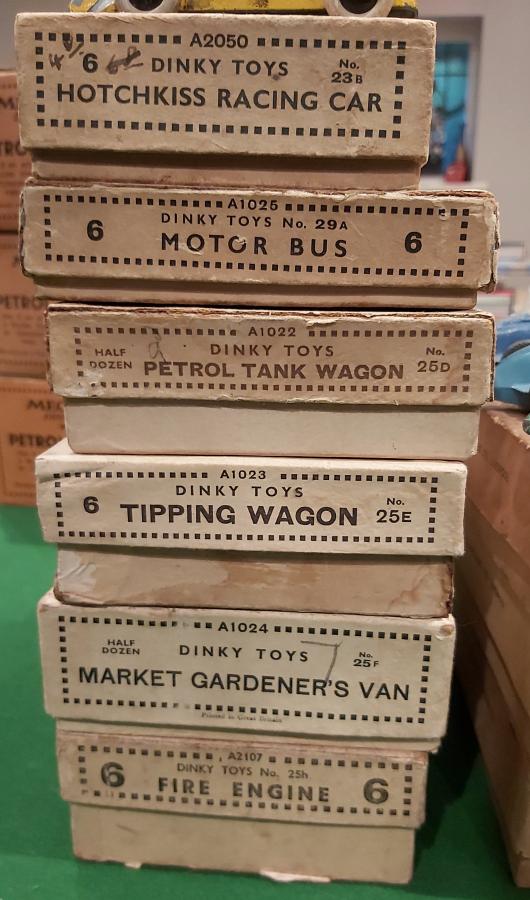

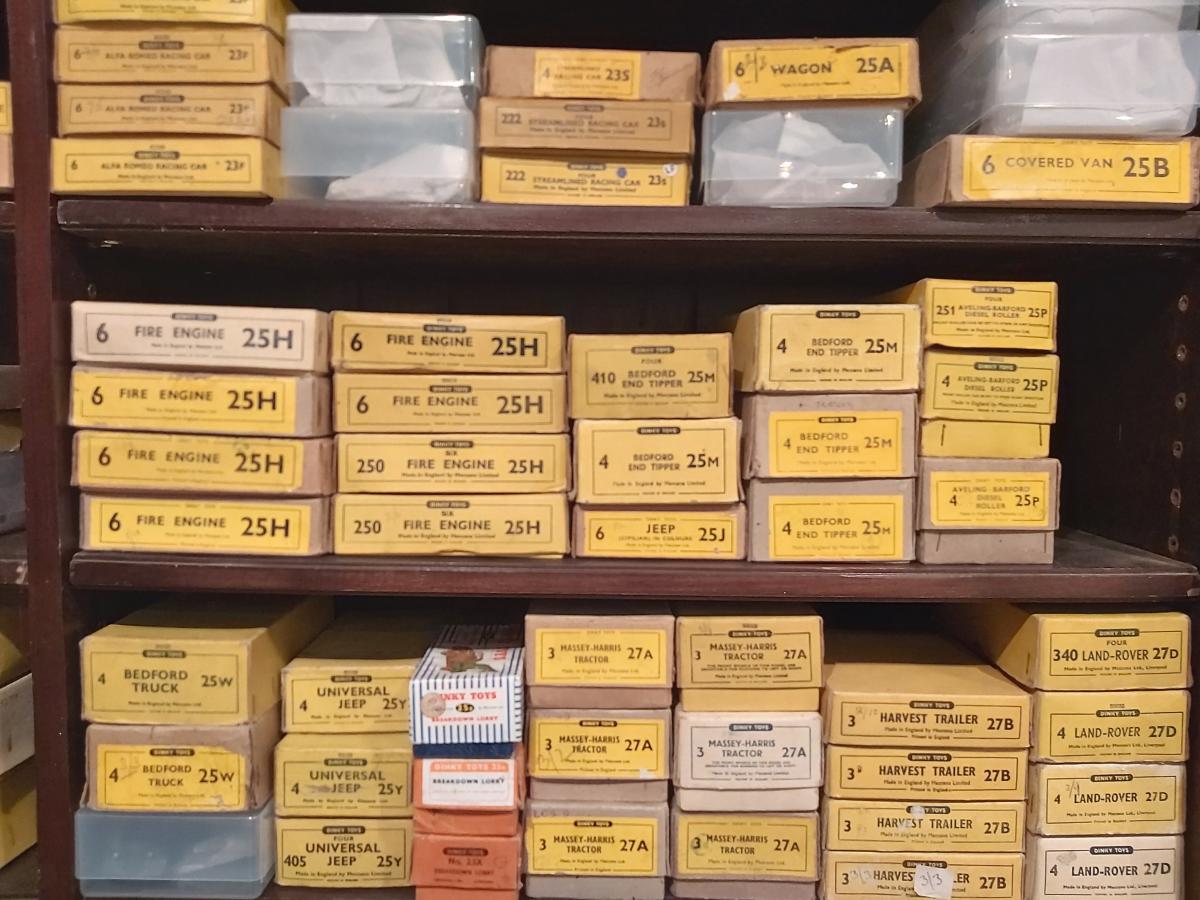
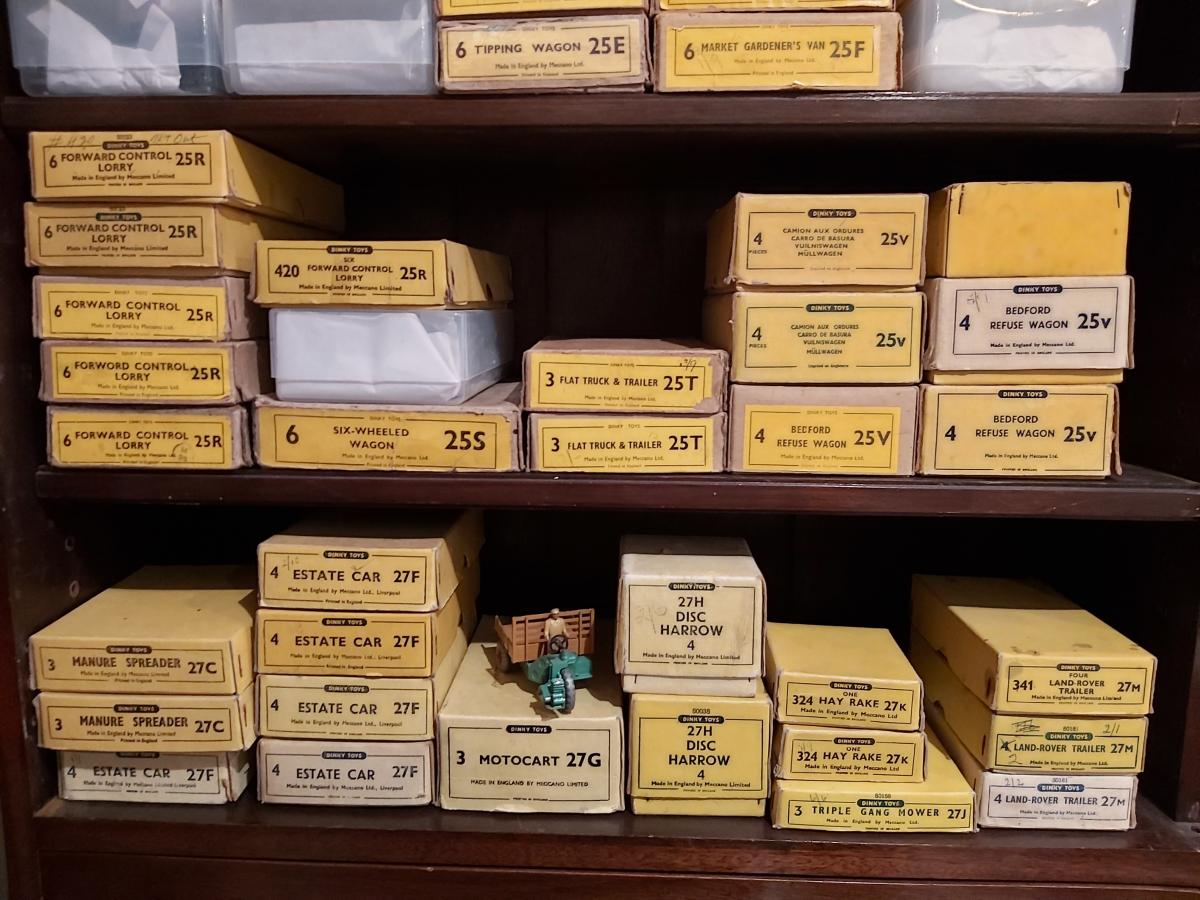
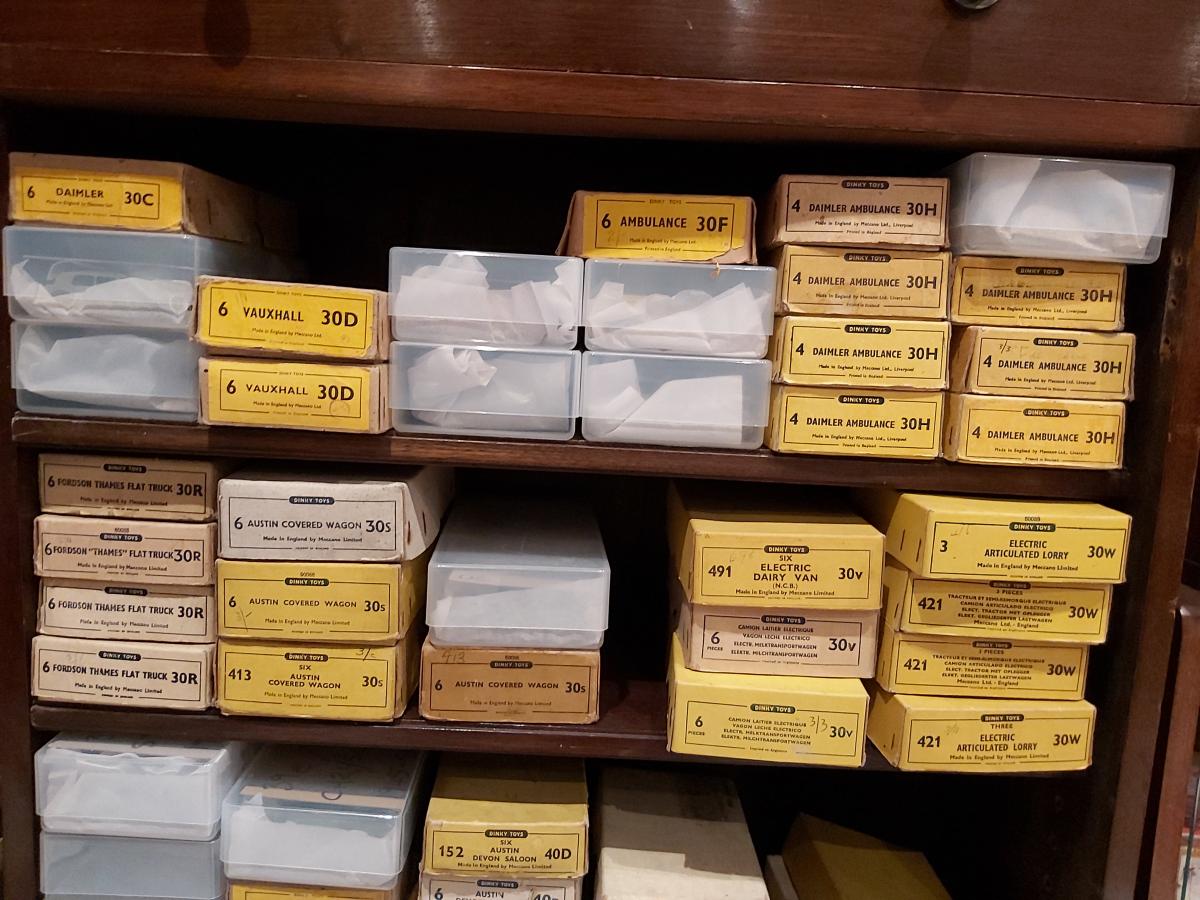

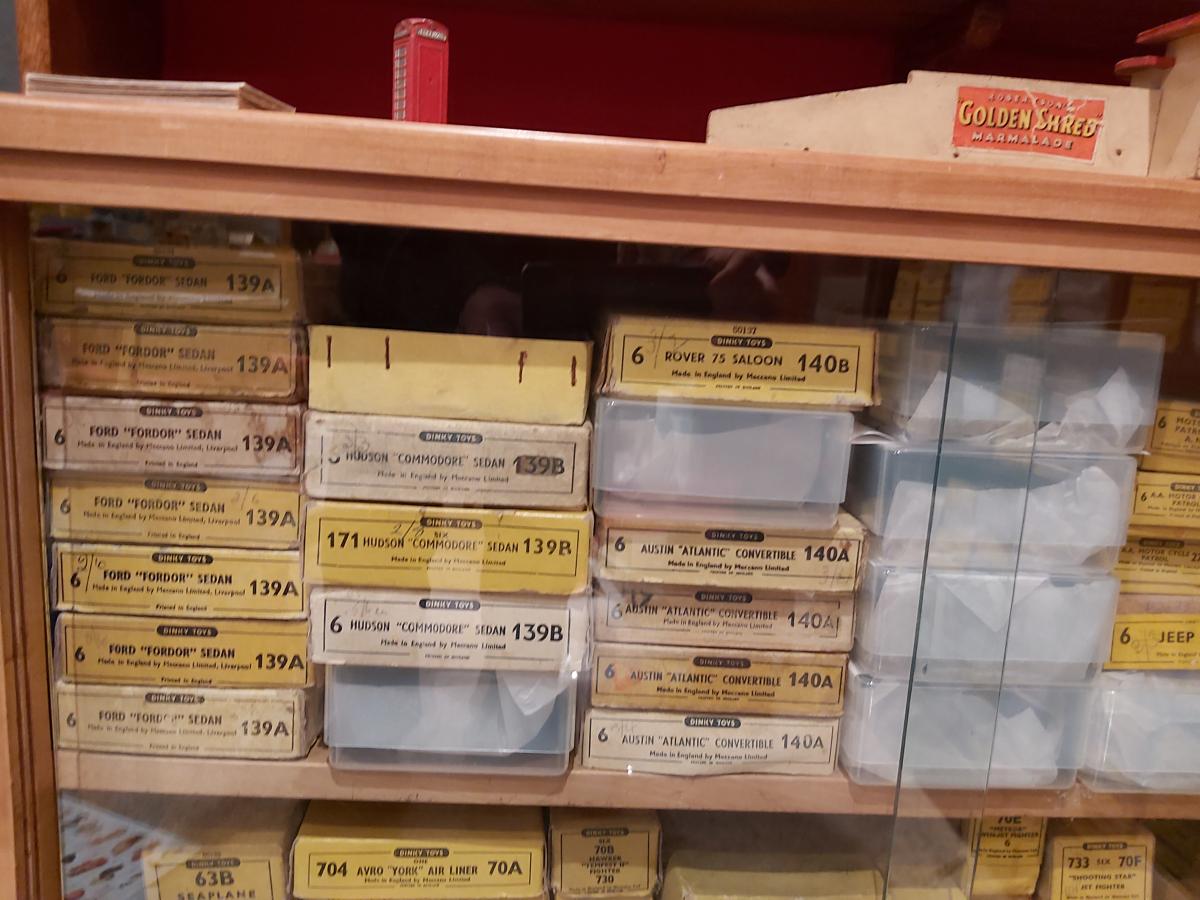
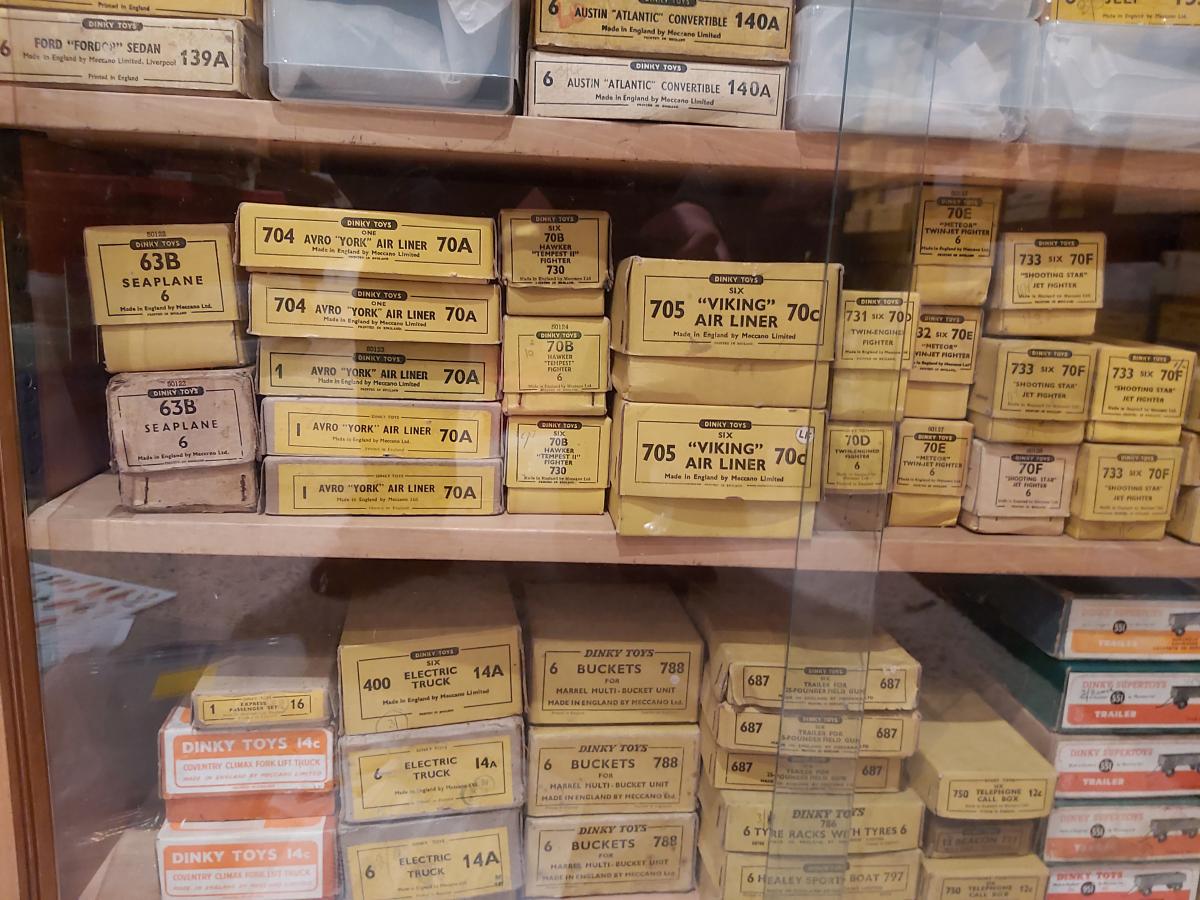
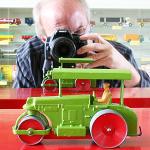
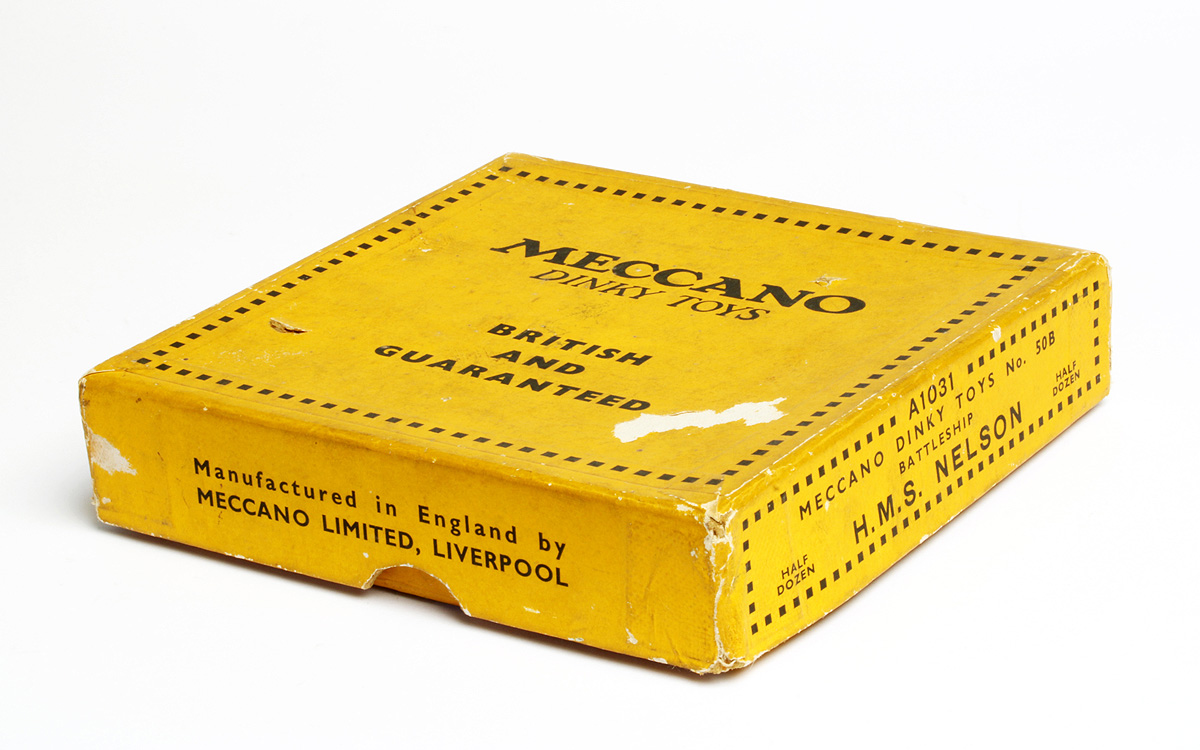

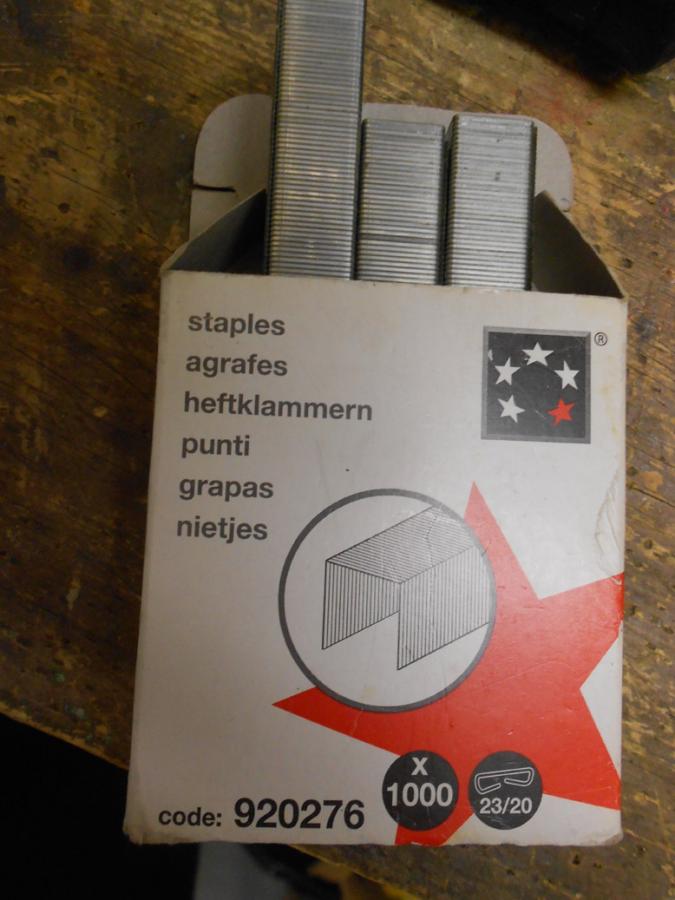
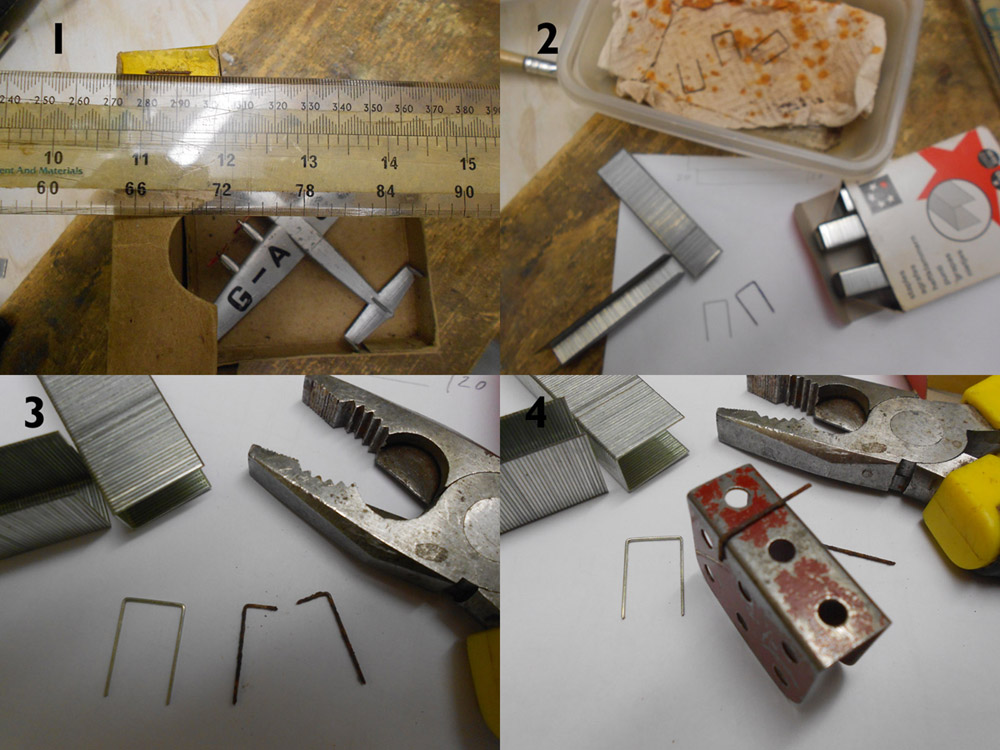
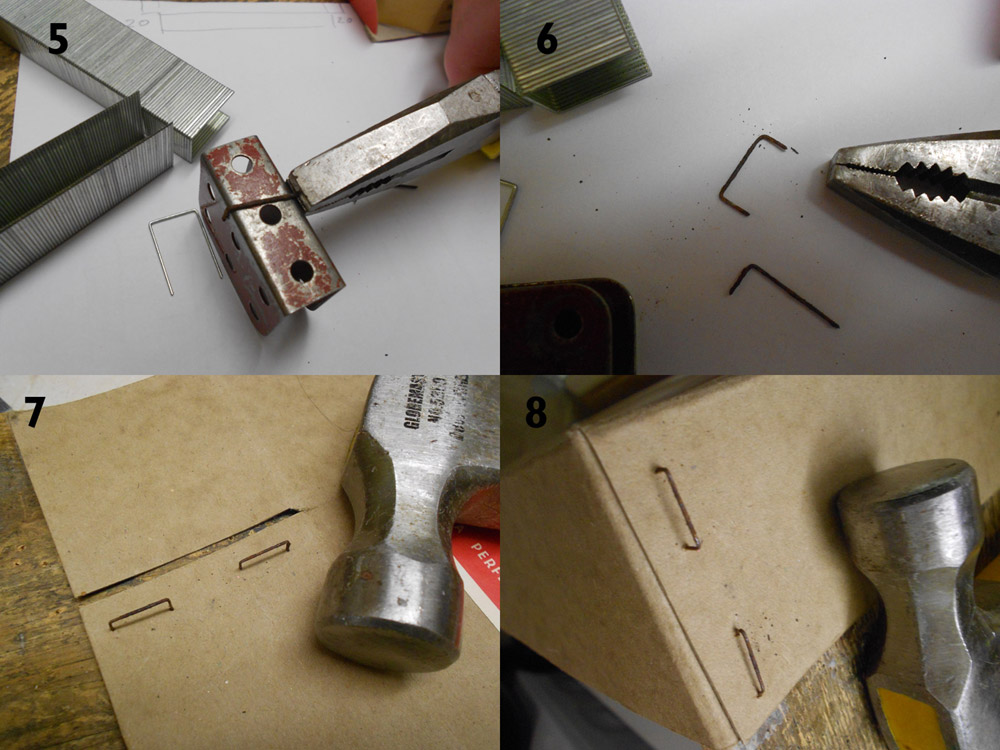
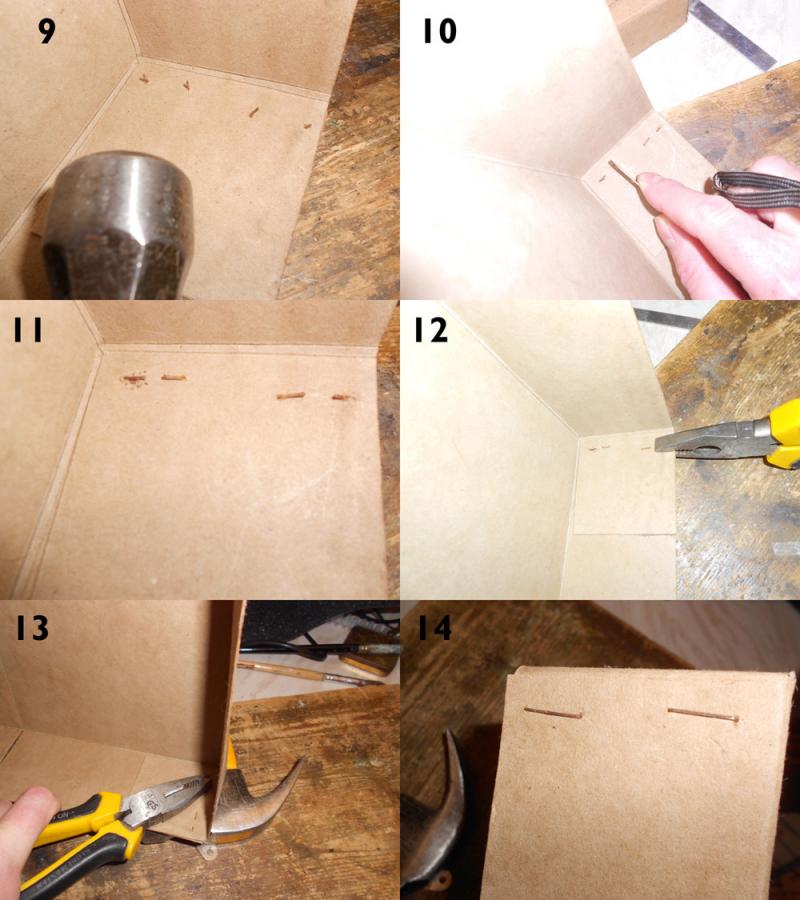
-073 Land Rover, Horse Box and Horse (1960-67)
DTCAwebsite upgrade 2023
DTCAwebsite upgrade 2023
-105c and 383 4-Wheel Hand Truck (1949-1958)
-105c and 383 4-Wheel Hand Truck (1949-1958)
DTCAwebsite upgrade 2023
DTCAwebsite upgrade 2023
DTCAwebsite upgrade 2023
DTCAwebsite upgrade 2023
DTCAwebsite upgrade 2023
DTCAwebsite upgrade 2023
DTCAwebsite upgrade 2023
DTCAwebsite upgrade 2023
DTCAwebsite upgrade 2023
DTCAwebsite upgrade 2023
DTCAwebsite upgrade 2023
DTCAwebsite upgrade 2023
DTCAwebsite upgrade 2023
--22c Motor Truck (1933-50)
--22c Motor Truck (1933-50)
DTCAwebsite upgrade 2023
DTCAwebsite upgrade 2023
Trailer Caravans
Trailer Caravans
DTCAwebsite upgrade 2023
DTCAwebsite upgrade 2023
DTCAwebsite upgrade 2023
DTCAwebsite upgrade 2023
Trailer Caravans
Trailer Caravans
-138 Hillman Imp (1963-73)
-537 Renault 16 TL
-189 Triumph Herald Saloon (1959-64)
-255 Mersey Tunnel Police Van (1955-61)
DTCAwebsite upgrade 2023